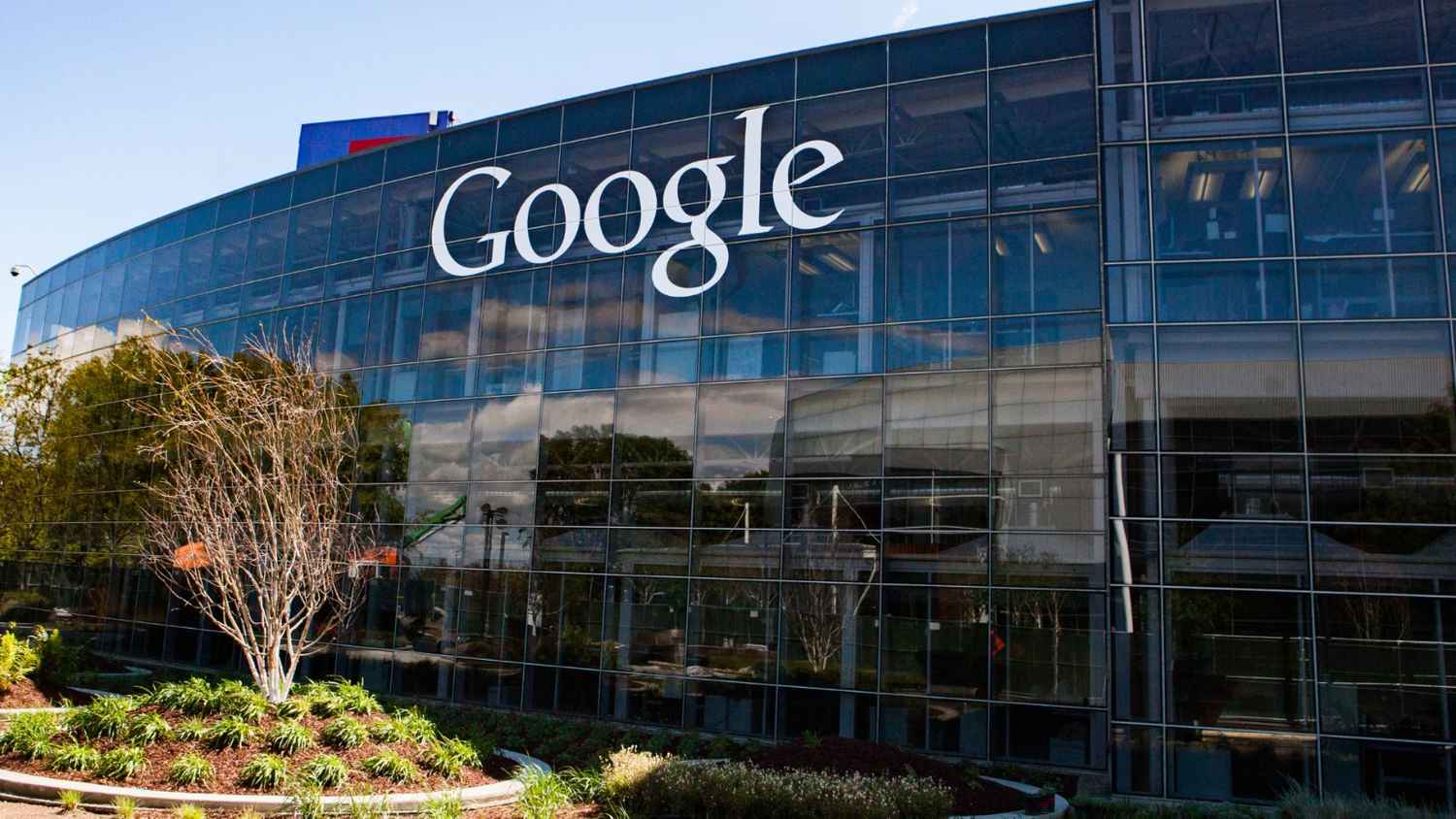

In a significant move to resolve an antitrust investigation in Europe, Google proposed to sell its advertising marketplace, AdX. However, European publishers found this offer inadequate and rejected it. For context, Google’s advertising technology came under the European Union’s scrutiny last year after the European Publishers Council lodged a complaint. The European Commission responded by charging Google with favouring its own advertising services, marking the fourth antitrust case against the tech giant.
Notably, this is the first time Google has offered to sell an asset in response to an antitrust inquiry, according to three lawyers involved in antitrust cases, reports Reuters. Currently, Google is also facing a trial in the U.S., where authorities are pushing for the company to divest its Ad Manager product, which includes both AdX and its publisher ad server, DFP.
Also read: Google viewed this ad startup as a threat, acquired it to stay on top
The main reason publishers rejected Google’s proposal is that they seek a more comprehensive divestment. They argue that merely selling AdX does not adequately address the potential conflicts of interest stemming from Google’s extensive involvement across various levels of the advertising supply chain. These concerns have been communicated to the EU antitrust enforcer, who are aware of Google’s offer.
In a statement, a Google spokesperson defended the company’s position, stating, “As we have said before, the European Commission’s case about our third-party display advertising products rests on flawed interpretations of the ad-tech sector, which is fiercely competitive and rapidly evolving. We remain committed to this business.”
Also read: Ex-Google executive said that search giant was trying to crush rival advertising networks
While the European Commission has not commented on the situation, it is understood that they might not require Google to divest any assets immediately. Instead, they may instruct the company to halt its alleged anti-competitive practices in the near future, as the case is quite complex. A divestment order could be considered later if Google fails to comply with the initial ruling.
Google’s advertising revenue in 2023 was substantial, totalling $237.85 billion, which accounted for 77% of its total revenue, solidifying its status as the dominant player in the digital advertising space.